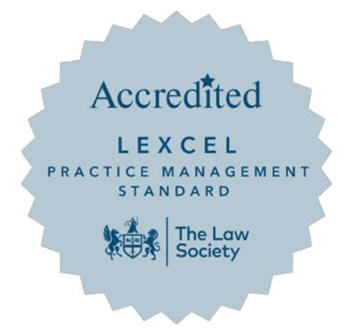How do I start divorce proceedings?
Divorce proceedings are now dealt with through an online court portal. Since this procedure came into force, you do not now need to site grounds for divorce i.e. adultery or two years separation, only that the marriage has broken down irretrievably.
You can only now apply for divorce through the court portal by making a sole application yourself or jointly with your spouse should you wish and provided you are both in agreement.
The initial steps consist of completing an online form with basic details of the parties and the marriage. You will also need to upload a full, clear, colour copy of your marriage certificate onto the court portal. If you do not have your original marriage certificate, you can apply for this online. There is usually a small fee for this and it should come through within a few weeks.
When applying for divorce, there is a court fee payable in the sum of £593 however, if you are on low income, you may be able to apply for fee exemption. In order to check if you are eligible for this, you need to complete a further online form called ‘How to apply for help with fees: EX160’. Once completed, if you are eligible for full fee exemption, you will be notified there and then and given a code to use when completing your divorce application. However, depending on your income, you may be required to pay a part payment towards the court fee but again, you will be notified of this.
Once you have uploaded your divorce application, the Court will then review this and provided this is completed correctly, they will then issue your divorce application and provide you with a unique 16 digit case number to use on all correspondence in connection with these proceedings.
We are experts at handling divorces from the simplest to the most complex, so when you are ready to proceed please do call and we will provide you the professional support you need at a difficult time in your life.
Emma Bilsborrow, Legal Executive, Partner















